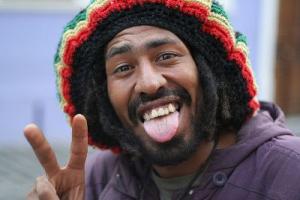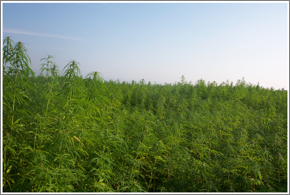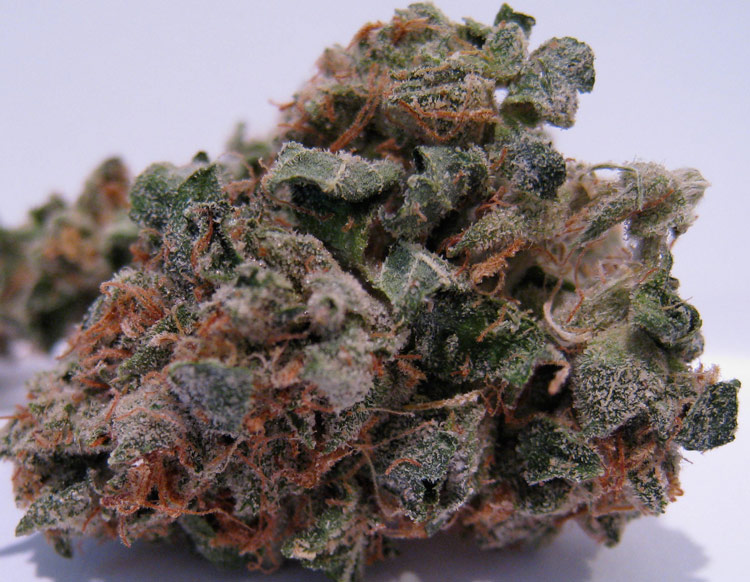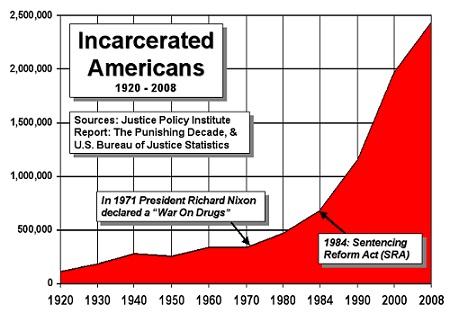A bill that would create a system of state-regulated medical marijuana dispensaries passed the Vermont Senate Friday on a 25-4 vote, but not before being amended to limit patients' ability to grow their own. The bill, Senate 17, is backed by Gov. Peter Shumlin (D) and now heads for the House.

Vermont could be the next medical marijuana dispensary state. (Image via Wikimedia.org)
"We will protect patients by providing a legal source," Sen. Jeanette White (D-Windham) told her colleagues during debate.
Sen. Philip Baruth (D-Chittenden) recalled how his mother had asked him as a college student to procure marijuana for an aunt dying of cancer. He did so, but it meant he risked arrest and other negative consequences, he said. Vermont's current law puts patients in a similar bind, he said.
"For us to say we have sanctioned medical marijuana but will not provide legal access to that drug strikes me as not only potentially painful for families that are involved in these things, but also surreal," Baruth said.
Not everyone supported the bill. "I'm still amazed something illegal under federal guidelines is being made legal," said Sen. Richard Mazzo (D-Grand Isle/Chittenden)," before voting against it.
"This dispensary bill in addition to requiring our state's primary law enforcement agency to support misdemeanor illegal activity, on the federal level by having dispensaries of this type we now involve them in regulating and overseeing what essentially is a felony under federal law," said Sen. Randy Brock (R-Franklin).
But those sentiments were a distinct minority Friday. Now, with the clock ticking on the legislature session, the question is whether the bill can move through the House before the session ends.













